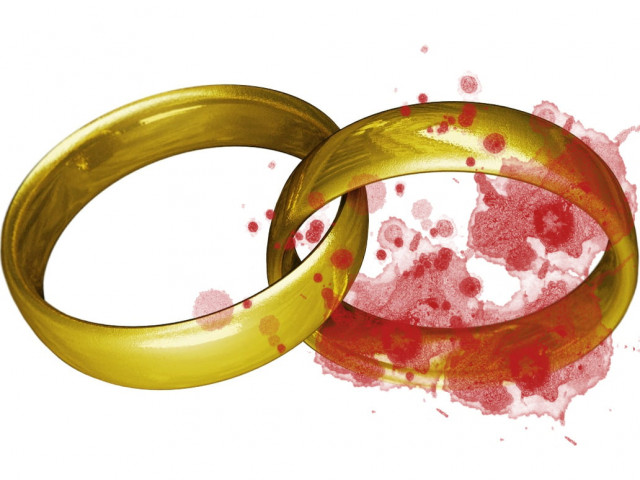A story of courage: Villager rescues women from brutal tribal custom
To save his own daughters, Nawaz challenges unfair custom called ‘ghag’ in court.

This resolve of marriage, known as ‘ghag’ is binding upon the chosen girl and her family, lest she opts to remain unmarried all her life.
For centuries, young girls in the northwestern tribes have shuddered at the word ‘ghag’. These naïve Pushtoon beauties never know when an innocent frolic in the surrounding meadows or mountains may cast a gloom on their fates. A tribal leader, or an influential enemy of their fathers, may set his eyes upon them and make a silent claim of marriage - which neither their tears, nor their families’ pleas could undo. This resolve of marriage, known as ‘ghag’ is binding upon the chosen girl and her family, lest she opts to remain unmarried all her life.
Early last year, Nawaz’s nephews Jehangir and Razzaq laid a claim of marriage upon his daughters Shaista and Razia. To Nawaz’s great dismay, the local jirga issued a hefty fine on the troubled father for humiliating his nephews by trying to defy the ghag claim. Greatly disillusioned, Nawaz turned to the state legal system, only to face yet another bummer: there was not a single clause in Constitution against the custom of ‘ghag’.
Legal experts say that in the absence of any confrontation from ghag victims’ families, no laws had been drafted. “Another reason is that that those laying down a marriage claim on a woman were always influential”, said Muhammad Essa Khan, an advocate of the Supreme Court.

However, Nawaz’s indomitable spirit came to the rescue of his daughters and several other girls. “A man of courage was needed to stand against the custom. Muhammad Nawaz served this need well,” said Khan.
A petition was filed by Nawaz and legal work began in earnest. In January 8, the Khyber Pakhtunkhwa (K-P) government finally passed a bill to declare ghag an offence. The Peshawar High Court Chief Justice Dost Muhammad Khan served notices against officials concerned asking them to formulate necessary laws to curb the age-old practice.
During a hearing on November 7, the deputy attorney general and additional advocate general appeared before the court with the proposed law. However, interestingly, the law was found full of lacunas as it has proposed a penalty for the girls’ parents, and not on the person who makes the claim. It was sent back for further tweaking.
On January 8, The Elimination of Custom of Ghag Bill 2012 was introduced before the K-P assembly. Tabled by Provincial Minister for Social Welfare Sitara Ayaz, the bill calls for making ‘ghag’ a cognisable, non-bailable and non-compoundable offence and prohibits a person from demanding a woman for marriage by making a public declaration, and using force or criminal means for marriage.
Ratified by the provincial assembly, the bill has been written in law. Violators can be punished or imprisoned from between five and seven years and be liable to a fine of Rs0.5 million or both. Ghag victims’ knocks on the court’s door will not be met with silence now.
Published in The Express Tribune, January 14th, 2013.













COMMENTS
Comments are moderated and generally will be posted if they are on-topic and not abusive.
For more information, please see our Comments FAQ